Specialty Rehab Programs – Find the Right Path to Recovery
If you or someone you love is dealing with addiction, it’s important to choose the right rehab program. Addiction treatment programs help people overcome substance misuse through a combination of medical and psychological support. They also provide a structured environment and professional guidance, creating a pathway to recovery and long-term well-being. This guide will examine the most popular types of specialty addiction treatment programs to help you find the best treatment for your specific needs.
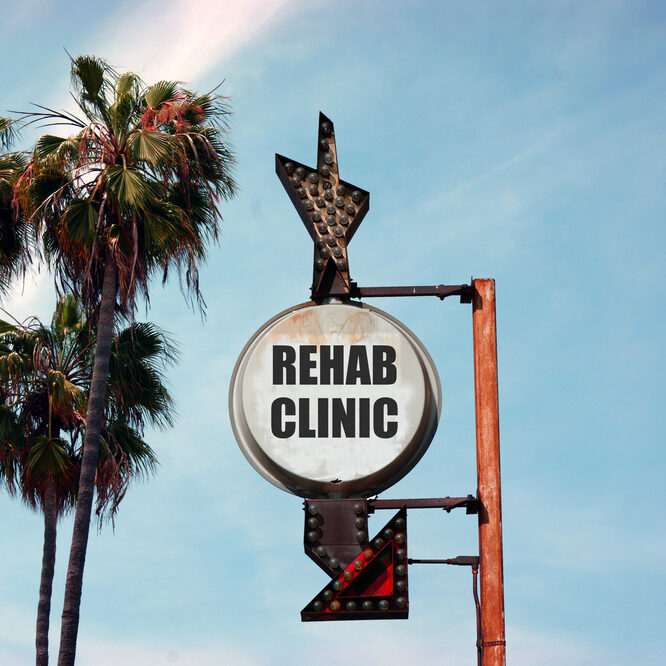
Understanding Addiction
Addiction is a chronic disorder that involves certain functions of the brain and is influenced by genetic, environmental, and psychological factors. It has similarities to other diseases, like heart disease. Both affect the healthy functioning of an organ in the body and can have serious harmful effects that, if left untreated, can last a lifetime.
Types of Addictions
There are two main categories of addictions: behavioral and substance.
Behavioral addictions can include:
- Gambling
- Overeating
- Online addictions
Substance addictions can include:
- Alcohol
- Opioids
- Cocaine
- Marijuana
- Nicotine
Signs and Symptoms of Addiction
Some of the signs and symptoms to look for with addiction include:
- Loss of interest in activities and hobbies
- Change in sleep or eating habits
- Cravings for the substance
- Inability to stop using the substance even when it is negatively impacting your life
- Secretive behaviors
- Withdrawals when you try to stop using the substance
Many different addiction rehab programs are specific to the different needs of patients.
Men’s Rehab Programs
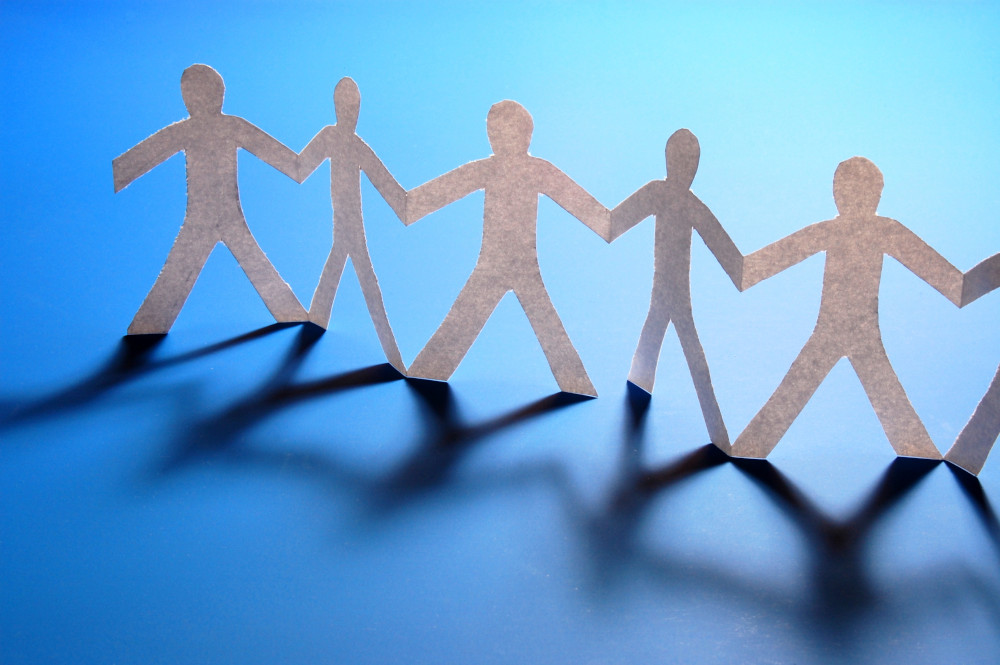
A men’s drug rehab program will offer many of the same treatments as other rehab programs while also catering their approaches specifically to the needs of men. This may include group therapy where men can share their stories and experiences from the male perspective. Professional staff will also be trained in how to treat men in the areas of addiction.
Men’s rehab programs may offer outdoor activities, sporting and exercise amenities, and other ways to bond with your peers while in recovery. Most likely, you will experience individual therapy and guided group sessions that will help you heal from past traumas, learn ways to cope with mental health conditions, and detox from substances as needed.
Women’s Rehab Programs

Women’s drug rehab can be similar to men’s programs in some ways while also providing a unique experience that is beneficial to women. You can expect individual and group therapies as well as medication management from trained medical staff.
These rehab programs are designed to treat multiple conditions at once. If you are a woman recovering from trauma, abuse, depression, anxiety or any other condition alongside your substance addiction, a women’s rehab may be the right choice for you. Many women feel most safe surrounded by other women as they heal and recover together. Amenities may include activities and settings to help reduce stress and increase relaxation.
Couples Rehab Programs

If you are in a relationship where both of you are addicted to substances, you may consider attending a couples addiction treatment program. These programs are designed with specific interventions to help you as a couple recover and move forward from addiction.
A priority at this type of center is in repairing the relationship while also helping the individual recover. This means you will have the opportunity to attend couples therapy and learn techniques for communicating with each other and creating healthy habits for your relationship. If domestic abuse is an issue for you, this will be addressed by trained professionals as well.
Luxury Rehab

A luxury rehab center is often comparable to a resort-style setting. If you want high-end addiction treatment, you can expect a comfortable stay, qualified staff members, a holistic approach, and confidential treatment.
A luxury rehab may have amenities such as:
- Private rooms and bathrooms
- Work areas where you can continue working while recovering
- High-quality foods and individualized meal plans
- Personal trainers and high-end sports facilities
- Massage therapy
- Yoga classes
- Beautiful views and scenery
Luxury rehabs often come with a higher price tag and may not accept insurance.
Teen Rehab Programs

Teen rehab programs will provide specific care that is relevant for adolescent patients. Some of the benefits you may experience from one of these programs include:
- Learning how to better cope with life’s challenges
- Improving logical thinking and decision-making
- Making different and healthier recreational choices
- Improving interactions with family members and friends
At teen rehab, you can expect individual and group therapies as well as the opportunity to engage in family therapy with your parental figure and/or siblings. Trained staff are familiar with the developmental stages of adolescents and can provide appropriate care and treatment for your age.
Veterans Rehab Programs
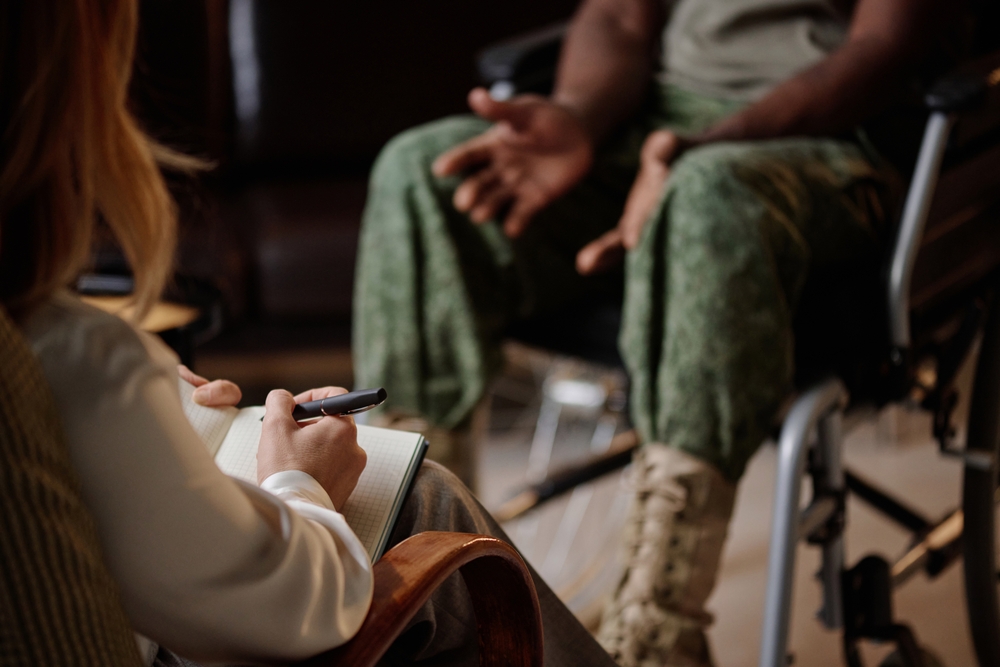
Veterans who have served our country often deal with ongoing mental health conditions that can further complicate a substance addiction. Veterans rehab programs are designed to treat all conditions simultaneously to give you the best chance at full recovery.
Some of the things you can expect include:
- Recovery support for any substances
- Relapse prevention strategies
- Coping skills development
- Trauma-focused care
- Detoxification
- Continuing care services
Many veterans drug rehabs also have funding provided by the government or private donors so they can offer treatment to veterans at little or no cost.
Depression / Dual Diagnosis Treatment

Dual diagnosis addiction treatment refers to a rehab that treats multiple diagnoses at once. Some of the common conditions that appear with substance addiction include:
- Depression
- Anxiety
- Post Traumatic Stress Disorder
- Bipolar Disorder
Dual diagnosis treatment is more effective than treating each condition one at a time. A typical treatment will include behavioral therapies that address both the addiction as well as the mental health condition. A doctor will also prescribe medication as needed to mitigate symptoms and give you the best chance at recovery.
Alcohol-Specific Programs
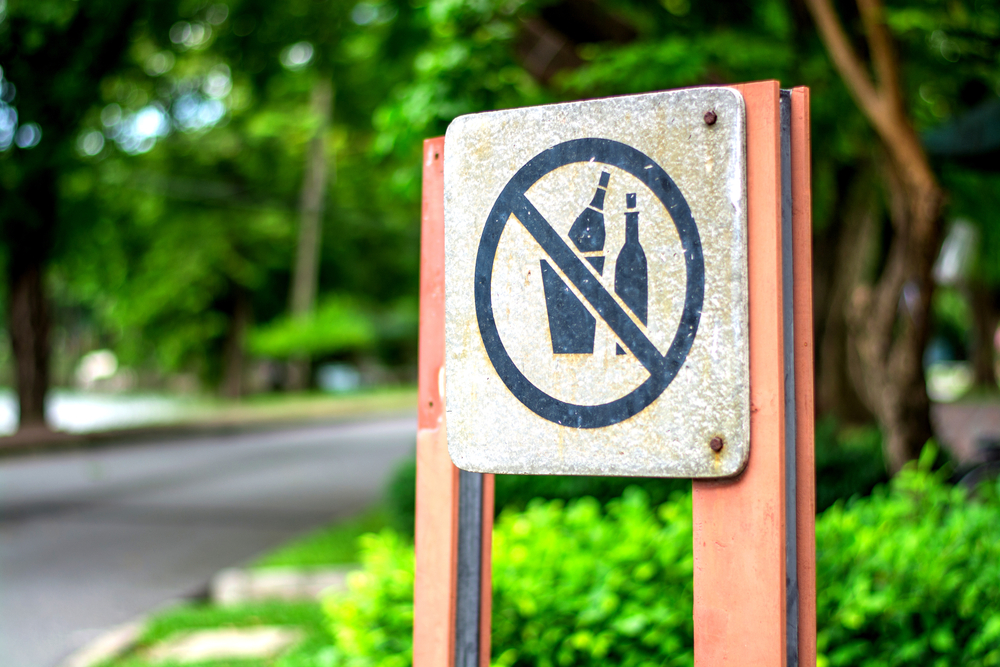
Alcohol rehab will focus on detox first and then therapeutic interventions to help you fully recover and set up a relapse prevention plan. Withdrawal symptoms from alcohol addiction can be unpleasant and even life-threatening. At an alcohol rehab, trained medical professionals will ensure you detox safely.
There are medicines approved by the FDA that can treat your AUD by reducing cravings and alleviating withdrawal symptoms as you stop consuming alcohol. These medicines include disulfiram, naltrexone, and acamprosate
Some of the therapeutic interventions include Cognitive Behavioral Therapy (CBT), Motivational Interviewing, Incentive-based therapy, group therapy, and 12-step support groups.
Opioid-Specific Programs
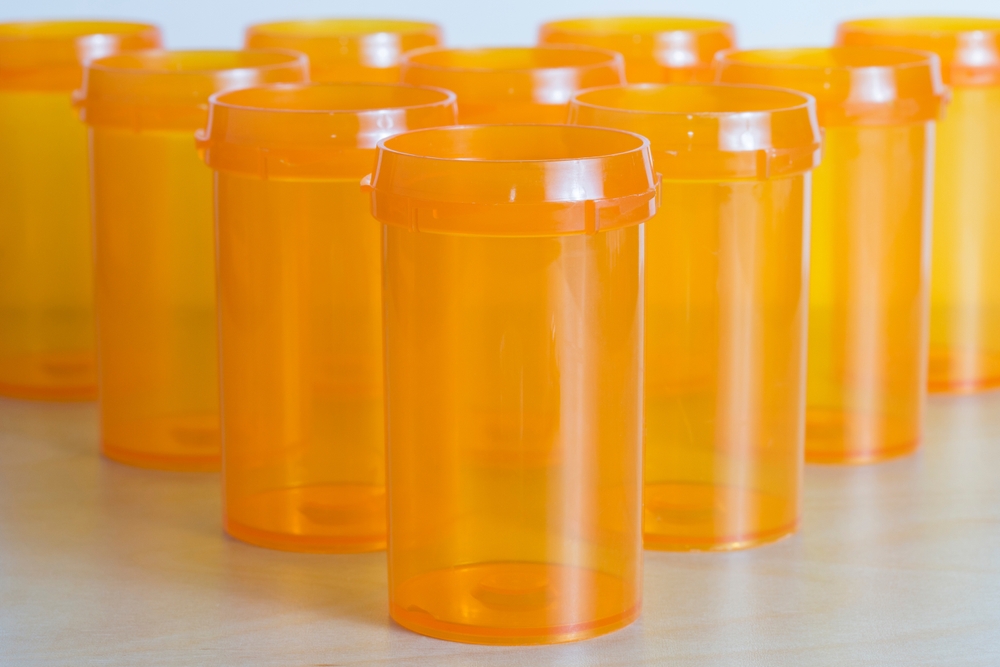
Opioid rehab programs will provide treatment specific to an opioid addiction. Treatment for opioid addiction often involves a combination of medicine, therapy, and support groups. There are three medicines the FDA has approved to treat opioid dependence: methadone, buprenorphine, and naltrexone. These medications are often used long-term and have proven to be effective in decreasing cravings for opioids, blocking the euphoric effects of opioids, and relieving withdrawal symptoms.
In addition to medication, your treatment will include various therapeutic approaches that help you identify motivations for change and how to overcome obstacles that get in your way. You will also learn new coping strategies for stress so that you do not turn back to the drug as your coping mechanism.
Drug Rehabs for Seniors
Many risk factors are specific to senior addiction recovery that require more specialized treatment. Loneliness and isolation can increase an elderly person’s risk of developing a mental health condition and/or a substance use disorder. As the body ages, it interacts with substances differently and may handle withdrawal and treatment interventions differently than a younger person.
At a senior rehab program, the staff will be educated on how best to treat someone in the elderly stages of life and provide all of the treatment necessary, not just addiction recovery.
LGBTQ+ Addiction Treatment
An LGBTQ+ rehab will ensure a safe and welcoming environment for members of the LGBTQ+ community. If you fall into this category, you may have experienced prejudice or discrimination, and feeling safe is a top priority while recovering.
These programs may offer group and individual therapies to address experiences related to gender dysphoria, the coming-out process, identity, social acceptance, and other relevant issues.
As with other treatment programs, you can expect quality care for whatever your needs are:
- Detox
- Co-occurring conditions
- Relationship or family issues
- Relapse prevention
Addiction Treatment for Professionals/Executives
Addiction treatment for professionals will look very similar to treatment for other population groups. Many business professionals and executives opt for the more luxurious rehab programs that offer comfortable amenities. That isn’t your only option as a professional, however.
When searching for the best program for you, consider which centers accommodate your working needs, such as:
- Is there time built into the schedule for work hours?
- Do they allow or provide electronic devices for work?
- Are there private spaces where work meetings can be held as needed?
Holistic Treatment

Taking a holistic treatment approach means you address the whole person including their body, mind, and spirit. Holistic treatment often turns to remedies found in nature as alternatives to traditional medicines used in treatment centers. This approach also puts more emphasis on spiritual and emotional well-being than a traditional approach.
Some holistic treatments include:
- Massage therapy
- Yoga and meditation
- Spiritual practices
- Chiropractic care
- Sensory and relaxation exercises
- Time spent in nature
- Acupuncture
- Nutritional training
Finding the Right Treatment Program
Choosing the right drug rehab program can feel like a daunting task. Consider several things while remembering that any treatment is better than no treatment. Here are some questions you can ask yourself when choosing an outpatient rehab center:
- Does the rehab facility accept your insurance, and what are the costs going to be?
- How close is the facility to my home, job, or school?
- Is this organization religious or secular, and which do you prefer?
- What programs does the center offer?
- Is there a waiting list?
- What are the appointment scheduling options, and will they fit into my current lifestyle?
- Do you need or want specialized care, such as for men, women, LGBTQ, or co-occurring mental health conditions?
You have several options in finding the right rehab center for you. Many online search engines can help identify local centers near you if you prefer not to travel. You can also search for treatment centers using the U.S. Department of Health & Human Services site.5
If you are still uncertain about the best course of action, you can speak with your healthcare provider or call 800-908-4823 (Who Answers?) to speak to a specialist about treatment options. Getting an assessment from a professional is a great way to understand the level of care you need and where you can find it.
Sources
- National Institute on Drug Abuse. (2020). Drug Misuse and Addiction.
- Health and Human Services. Youth Substance Use Treatment Services.
- National Institute on Alcohol Abuse and Alcoholism. (2002). Comorbidity of Alcoholism and Psychiatric Disorders. National Institutes of Health, United States Department of Health and Human Services.
- National Library of Medicine. (2020, May 10). Opiate and opioid withdrawal. National Institutes of Health.
- United States Department of Health and Human Services. 2024. Find treatment.
- Understanding Addiction
- Men’s Rehab Programs
- Women’s Rehab Programs
- Couples Rehab Programs
- Luxury Rehab
- Teen Rehab Programs
- Veterans Rehab Programs
- Depression / Dual Diagnosis Treatment
- Alcohol-Specific Programs
- Opioid-Specific Programs
- Drug Rehabs for Seniors
- LGBTQ+ Addiction Treatment
- Addiction Treatment for Professionals/Executives
- Holistic Treatment
More Specialty Programs

Teen Rehab
Addiction Treatment Programs for Teens More teenagers are using illicit drugs than ever before. According to the National Center for …
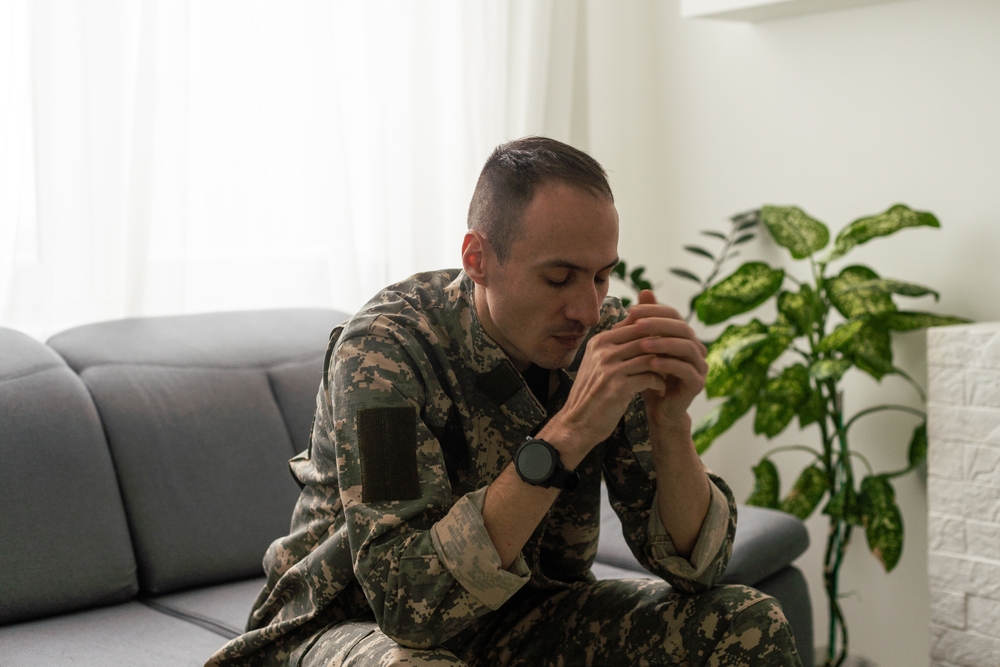
Veterans Drug Rehab
Addiction Treatment Programs for Veterans U.S. military veterans from all branches of service–Army, Navy, Air Force, Coast Guard, Marine Corps, …

Depression & Addiction
Dual Diagnosis Programs: The Benefits of Rehab for Depression Mental health conditions, such as anxiety and depression are common among …